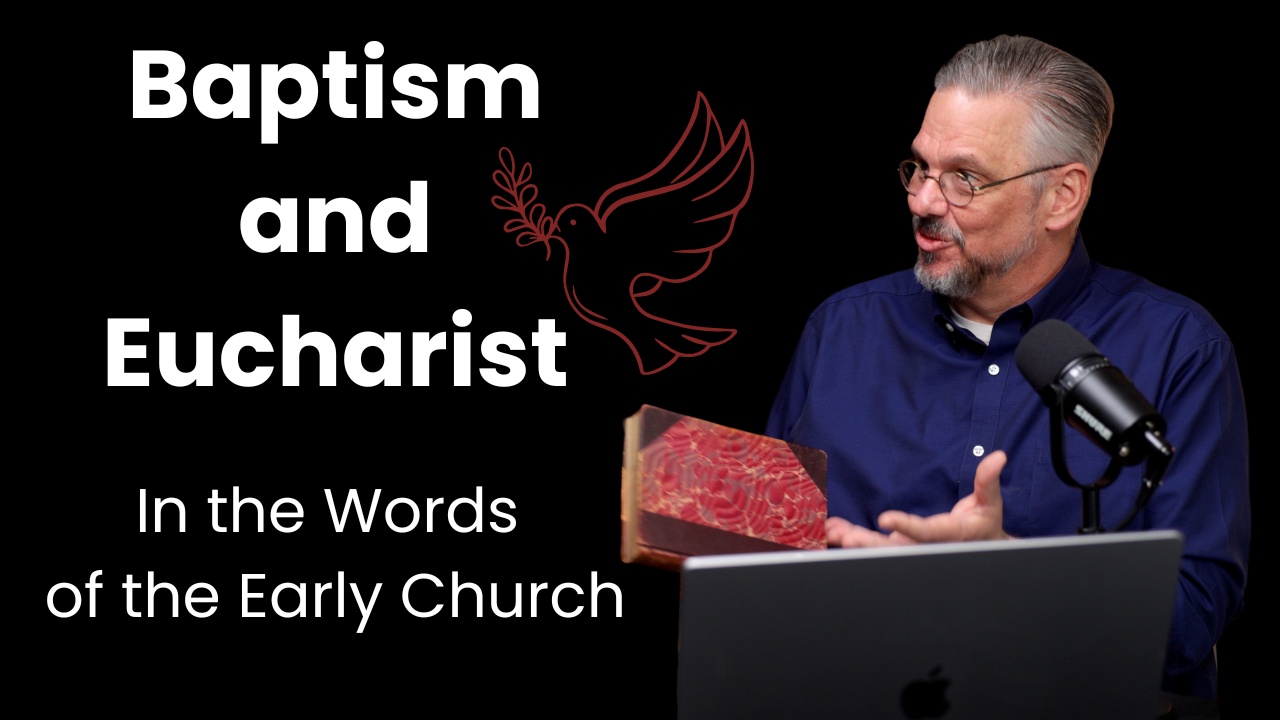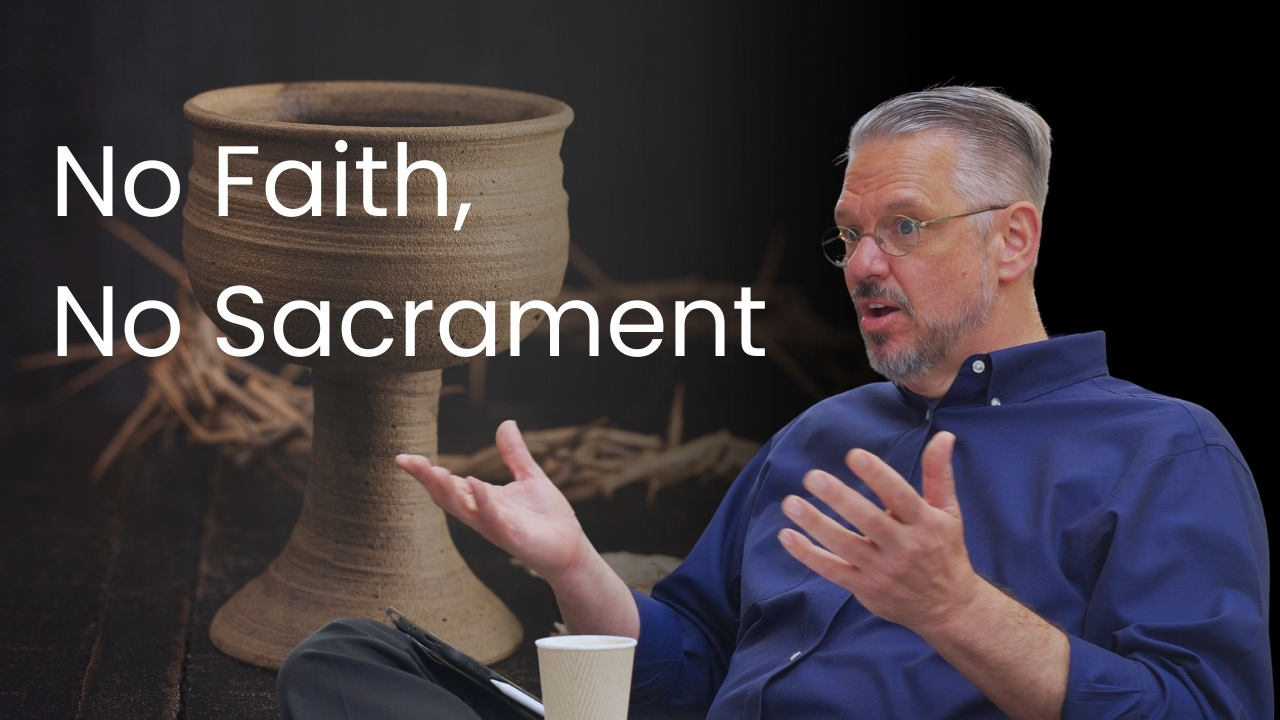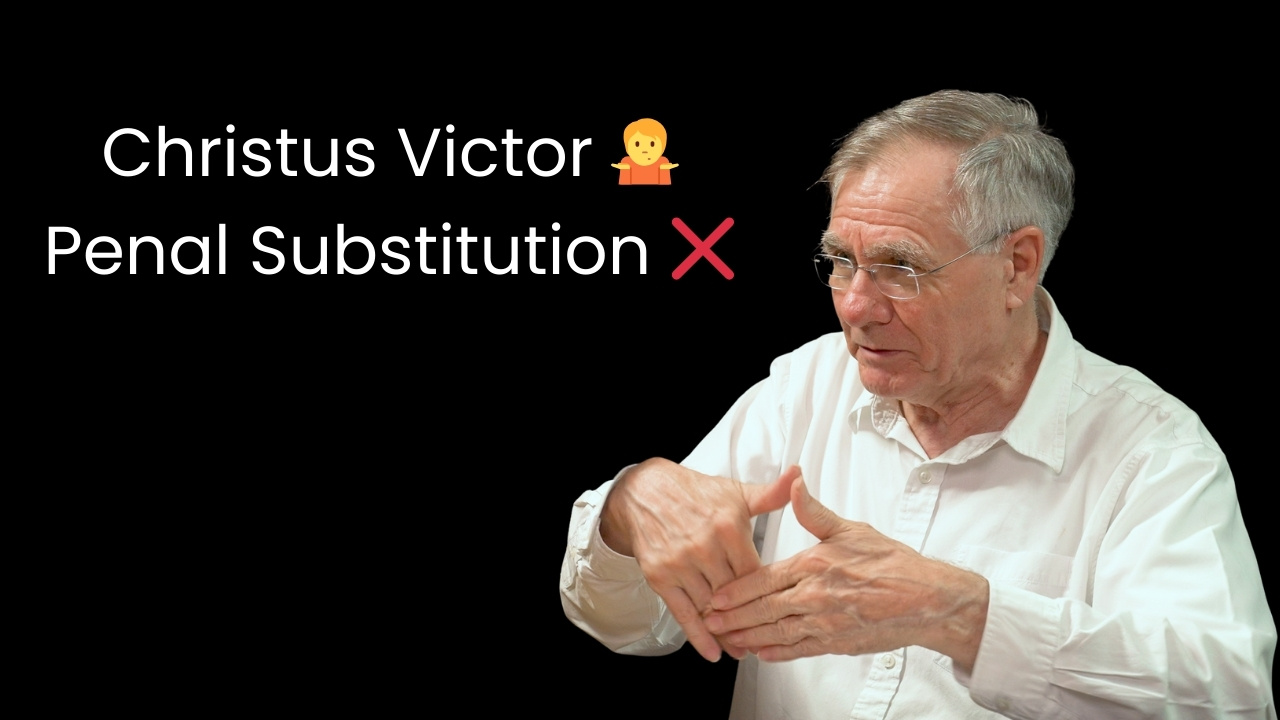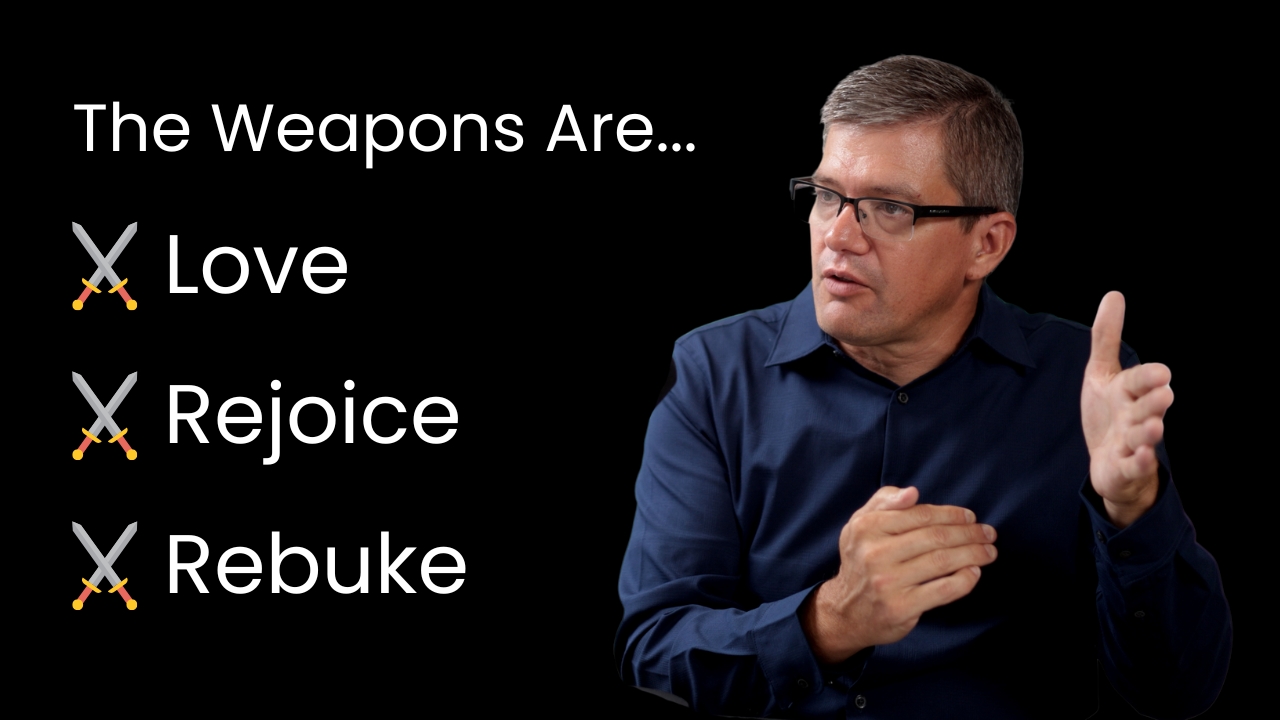Good Deeds and Bad Hearts?
Your heart matters. We are to love and honor God in our hearts. Pseudo-religion from an evil heart offends God. But what is the heart? Or, more to the point for this essay, what should the heart be contrasted with?
Some people contrast our hearts with our actions; what’s in the heart, versus what we do. Jesus, on the other hand contrasts the heart with the lips. What we really are, versus the front we put on with our words. Instead of talking about people who did the right things but had bad hearts, he talked about people who said (some of) the right things with their lips but had bad hearts.
We do much better to follow Jesus in contrasting the heart with the lips, rather than adopting the modern habit of contrasting the heart with our actions. Jesus quotes the prophet Isaiah “This people honors me with their lips, but their heart is far from me.” He describes how they generate a pious appearance with careful rules about washing their hands (for ritual purity), and fine words about their wealth belonging to God while engaging in substantive wrong by withholding support from their own parents (Matthew 15:1-9).
It is easy to say certain, good sounding things while having an evil heart. We can say we love God. We can say we love our brothers and sisters. We can say we worship and adore God, or that we support godliness. But saying “Lord, Lord” does not mean our heart is with the Lord. We may pick some strategic actions that will make us look good. We can attend church and even participate in the Lord’s supper with wicked hearts. We can do things that our various cultures treat as markers of goodness. That might be wearing the right clothing, or not driving the wrong cars. It might be purchasing products with the right environmental or fair-trade labels. It might be avoiding the conspicuous sins that would get us kicked out of the church or thrown in jail. The outward appearance can be maintained by good sounding words and strategic actions, while our inward selves, that is, our hearts, are evil.
It is a drastic mistake, though, to make a general contrast between our heart and our actions. In the teachings of Jesus and the prophets, our actions go with the heart, not with the lips. Our actions are on the inner side of things, not the outer side of things. Jesus takes for granted that our actions (taken as a whole, not the few we select to maintain a pious image) reveal the heart inside.
Jesus’ encounters with the scribes and Pharisees in Matthew chapters 15 and 23 show how He sees the relation between actions and the heart. In Matthew 23:28 Jesus says they “outwardly appear righteous to others, but within are full of hypocrisy and lawlessness.” Sometimes we hear that these people were “doing all the right things,” only with evil hearts. Jesus said nothing of the sort. Rather, He said their hearts were evil because their deeds were evil. “They preach, but do not practice;” they say things in favor of goodness, but don’t do what is good and right. We must not imitate their deeds (28:3).
If their deeds were evil, how did they appear outwardly righteous? How did they manage to maintain a good reputation while doing evil deeds? One thing Jesus excoriates them for is devising ways to get out of keeping their word. They made fancy but foolish distinctions. One could swear by the temple or by the altar and break his word with impunity, or so they said. In their system, the oath would only be binding if they invoked the gold of the temple or the gift on the altar. This is one way they erected a religious front to hide wicked actions (23:16-22). Another way they appeared outwardly good was through scrupulous (and appropriate) tithing, right down to the herbs in their gardens. But at the same time, they neglected “justice and mercy and faithfulness” which are “the weightier matters of the law” (23:23). In other words, they cheated others rather than acting generously. It is safe to assume the money that was gained or retained in an unrighteous way made their tithes of mint look like a pittance.
The difference between what’s inside and what’s outside is not that the inside is separate from actions. It’s that what is inside is what we really are and what we really do. The outside is the front that fools (some) people. Jesus says these people “clean the outside of the cup and the plate, but inside they are full of greed and self-indulgence” (23:25).” We should not imagine that the greed and self-indulgence inside the cup were somehow divorced from their actions, or, that they had greedy hearts but not greedy actions.
Why dwell on these points? What should I learn from Jesus’ harsh words to certain Pharisees who lived 2,000 years ago? Our first response must be to examine our own hearts as evidenced in our actions. Do I find places where I am unwilling to forgive or unwilling to live at peace with other people? Do I cheat others or fail to be generous? Do I use violence or operate in anger? Do I dishonor my own marriage or the marriage of someone else? If so, I must repent and turn my heart from evil to God. If I do not address these things, then preaching sermons, writing articles, consistent church attendance, and whatever else puts up a good front is merely a cup clean outside but dirty inside, or mere whitewash on a tomb full of bones.
We must also note how Jesus distinguishes the inside from the outside because we often get mixed up about the difference between the heart and the lips. We may think of the heart as thoughts and feelings disconnected from action. On the other hand, we may think of actions as mere mechanical doings disconnected from our hearts.
This confusion about the relationship between our hearts and our actions results in two problems. Some wickedly downplay their sinful actions because they think their heart is right. Others, who are genuinely open to God, are scared to exert biblical effort toward righteous behavior because they are scared it won’t come from a right heart. They fear that their efforts will be “mere outward deeds” and so neglect the instruction to struggle against sin and to strive for peace with others and for holiness (Hebrews 12:4 and 14). It is by consistent attention to what Jesus asks that we enter the narrow gate. It’s not by saying “Lord, Lord” or through spectacular prophecies, exorcisms, or mighty works (Matthew 6:13-23).
Some tell us of people who are like these Pharisees who “do all the right things” but have wicked hearts. Of course, Jesus said the Pharisees had wicked hearts precisely because they did lots of evil things. But a certain style of theology constantly warns us of the boogeyman of people doing the right things with evil hearts. This can make us think that the greatest danger we face is that we might seek righteousness in the wrong way—I.e. in a way that is different than their idea of how we seek God “from the heart.” Jesus constantly warned us against a different danger—that we might manage to appear good, respectable, and pious while living wickedly—that’s what whitewashed tombs do.
Some of you will protest that I overlook another danger. What about the proud humanistic moralist? Are there not people who follow a moral code but refuse to admit that they need God? People who think they can be righteous with no need of God’s forgiveness or redemption? People who admit no need to trust God, and give no thanks to God? Yes, some seek to do good without seeking God or acknowledging their need for mercy and redemption. These people need to learn that they are creatures of God who should worship Him. They need to learn that only through the cross of Christ can they be justified, sanctified, and regenerated. They also need to learn what Jesus asks of us, because, apart from Him they can only partially grasp what is good and what is bad.
In fact, all of us must be reminded that our deliverance from evil depends on the victory of Jesus Christ. We remember that the first command is to love God and that we need to live with faith and thanksgiving toward God. We petition God to forgive us our debts as we forgive our debtors.
It is possible to strive for a high (but not the highest) moral code without acknowledging our dependence on God. That is a danger, but it is not the danger that Jesus addressed in Matthew chapters 15 and 23. The danger that a certain theology constantly holds in front of us is that we might strive for righteousness without trusting God or acknowledging our dependence on Him. The danger that Jesus holds in front of us is that we might appear with our words, and a few cherry-picked actions, to be righteous, pious, and God honoring, while we are in fact wicked.
Tags:








Leave a Reply